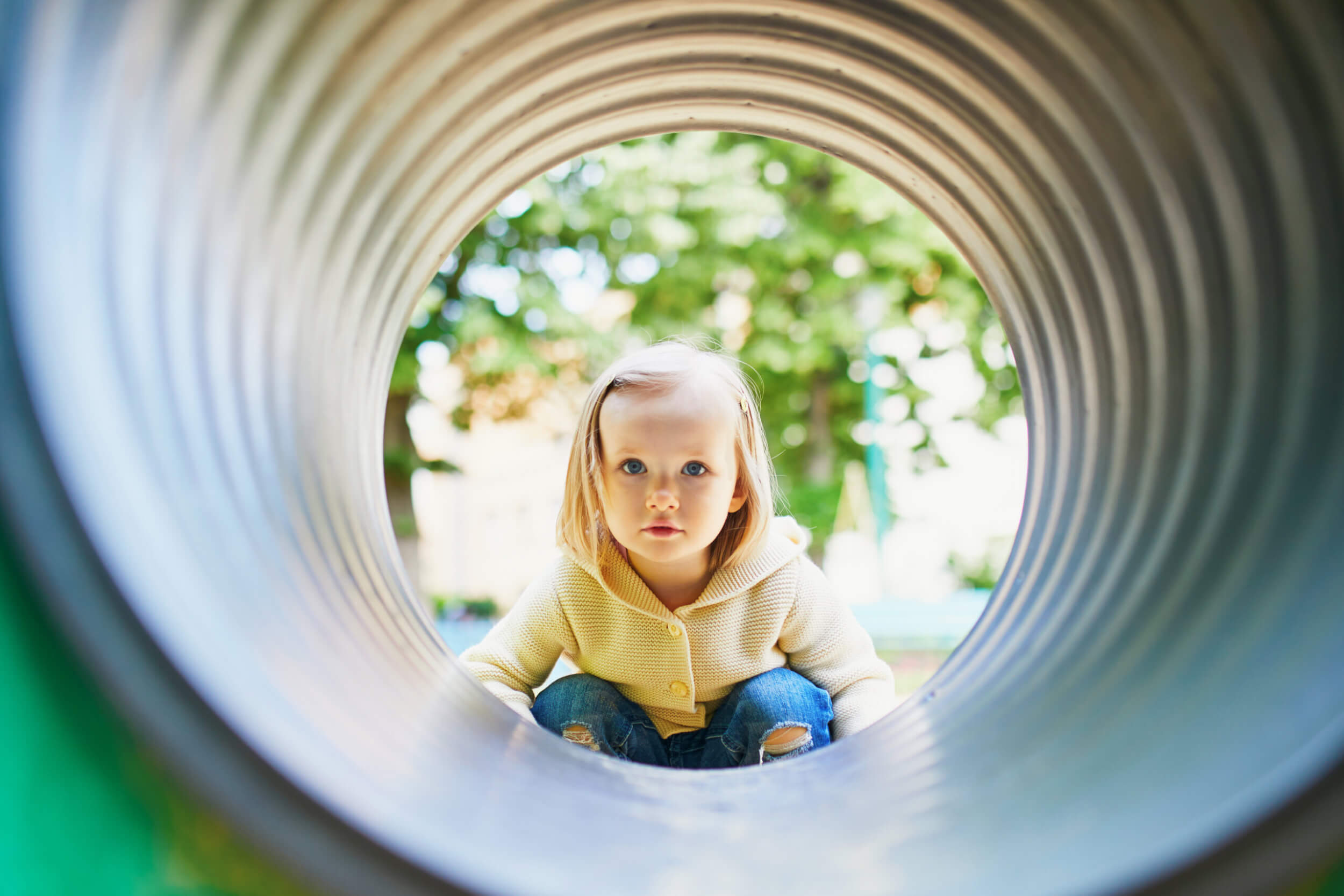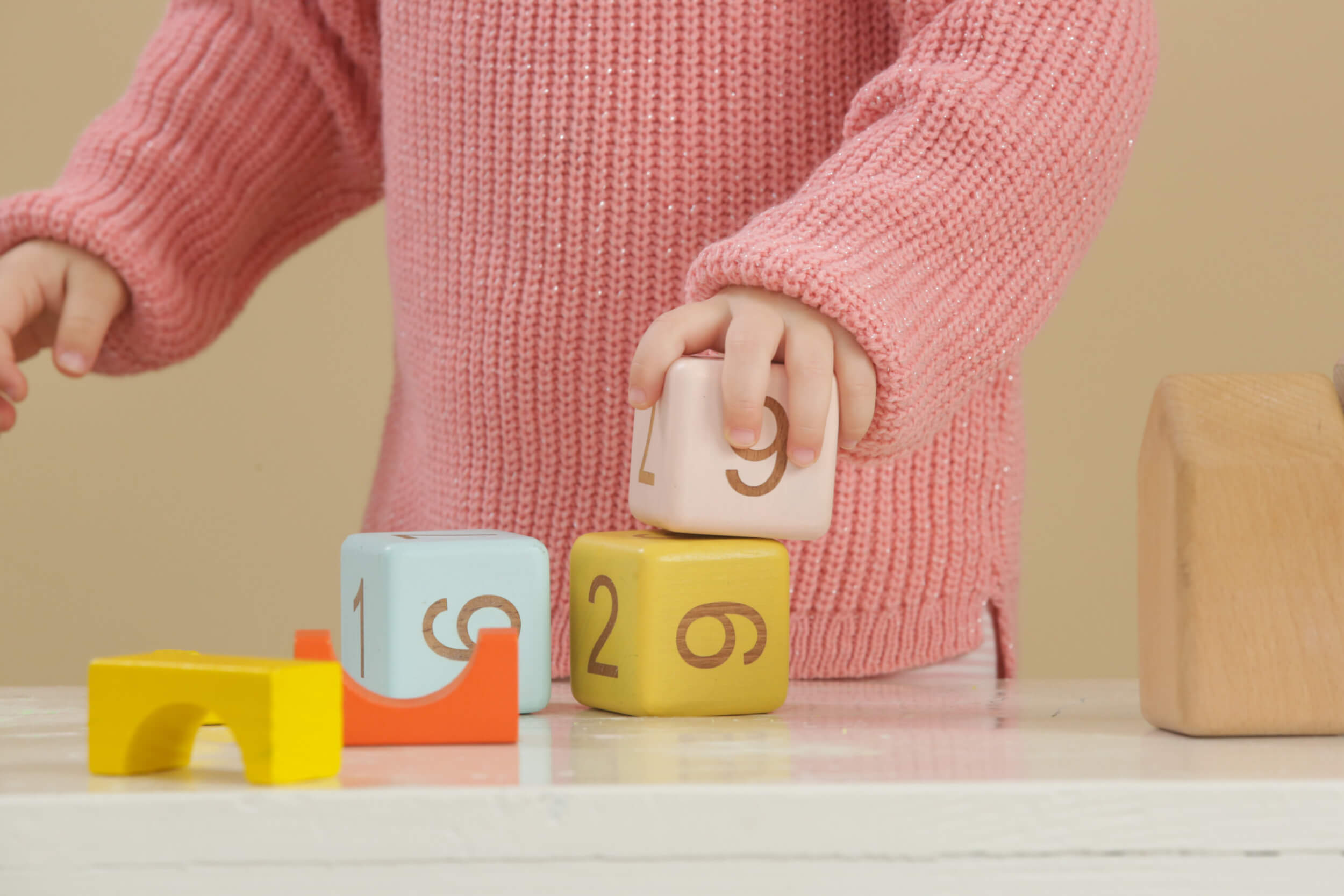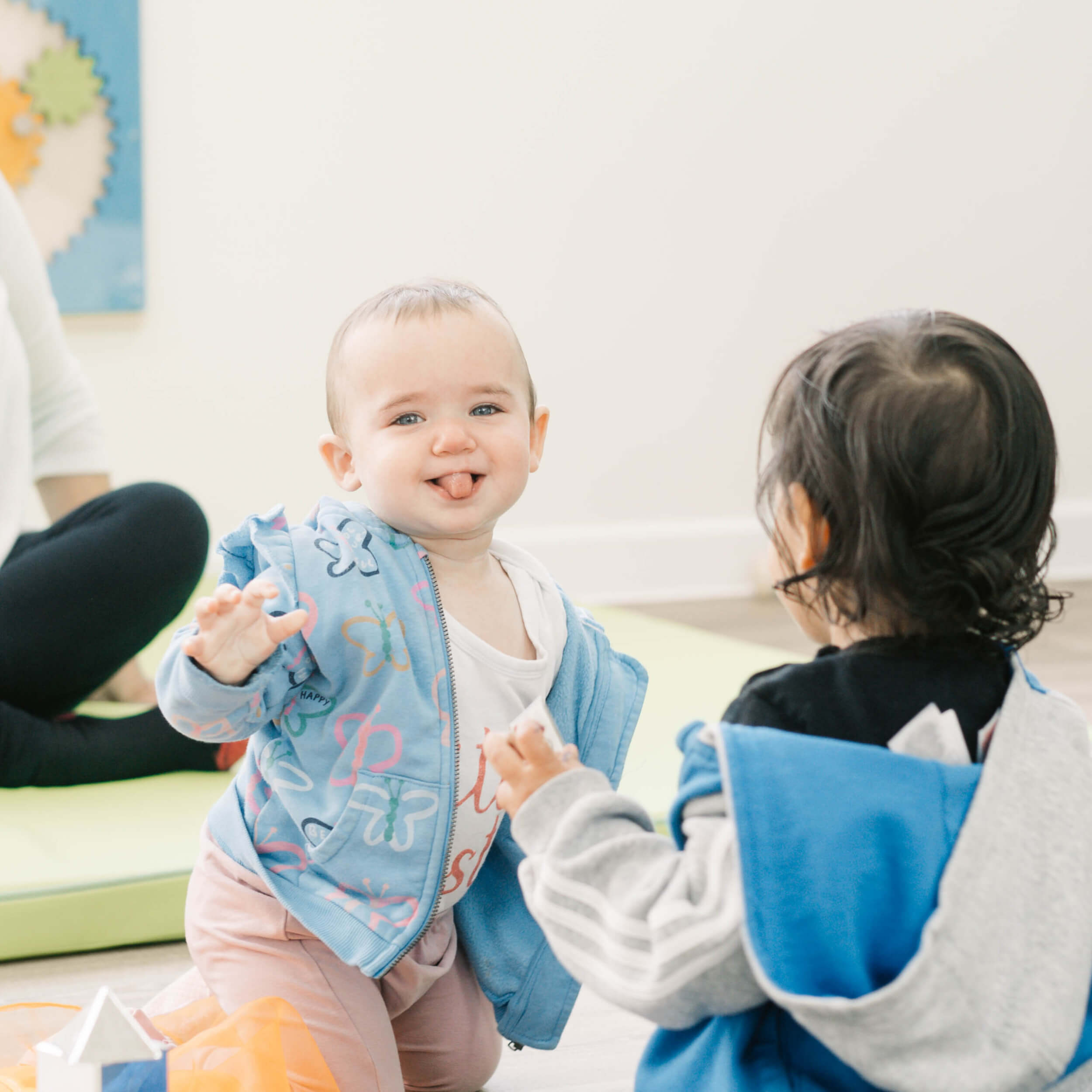Nursery Routine, Early Childhood Confidence, Creativity in Early Years, Parenting and Canopy Nurseries
A closer look at how nursery routines help young children feel secure and confident while still making space for creativity and individuality.
Routine is one of the quiet heroes of early childhood. To adults, it might seem simple. The same sequence of meals, naps and play. But to a child, it is something much more powerful. Routine builds emotional security. It helps them make sense of their world. It provides the calm foundation from which confidence can grow.
At the same time, parents often wonder whether structure risks dampening what makes their child unique. Could routine ever make a child feel boxed in? Could it quiet their creativity?
In practice, the opposite is often true.

Why Routine Helps Children Feel Safe
In the early years, children are navigating an enormous amount of change. Their brains are developing rapidly. Their days are full of new experiences. Having familiar rhythms around them, such as knowing when lunch will be served or who will greet them at the door, creates a feeling of safety.
This predictability helps reduce stress and allows children to focus on learning, socialising and exploring. When they know what is coming next, they can begin to manage transitions and take more ownership of their day.
Routine gives children an emotional anchor. From that place of security, confidence has space to grow


